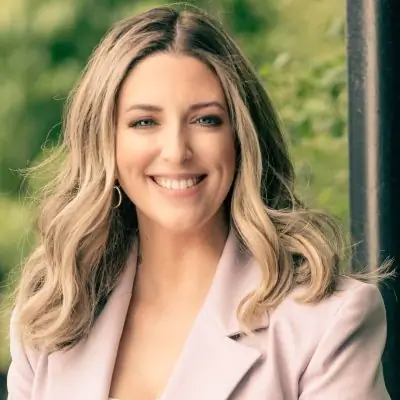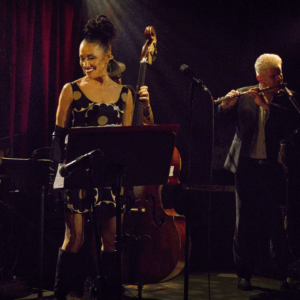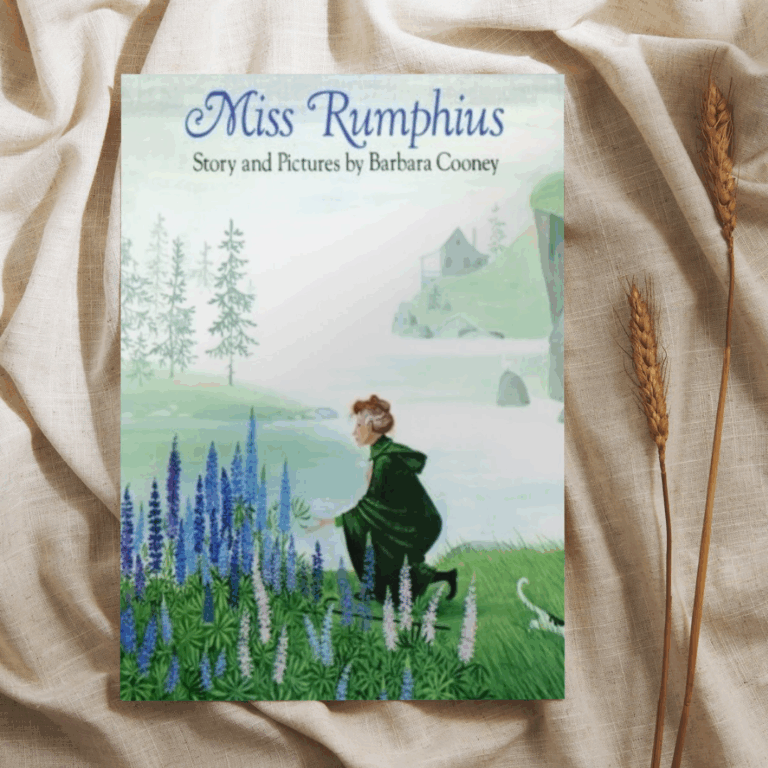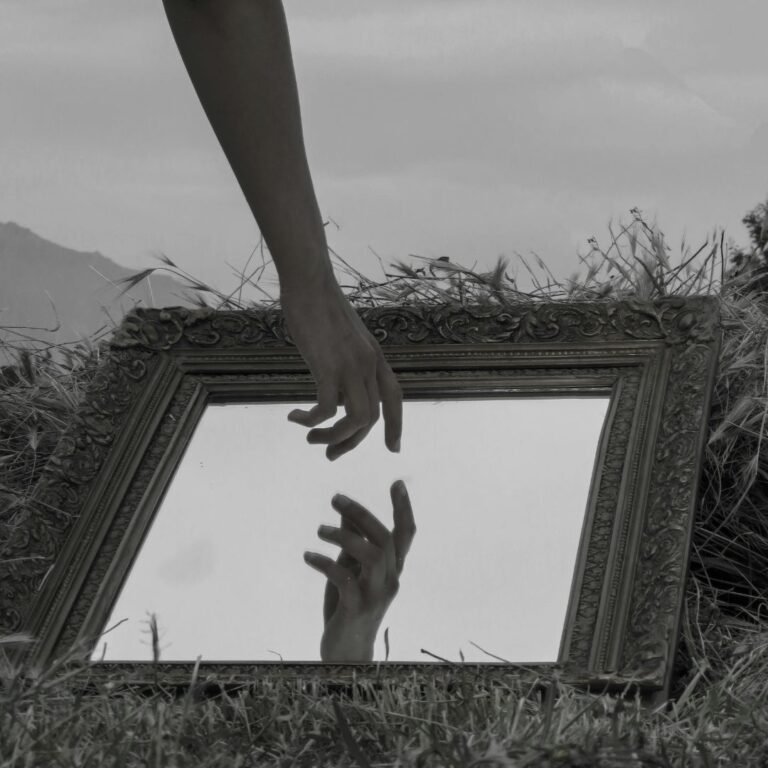Rosemary Barton — Chief Political Correspondent for CBC News
She is committed, brave and bold. Rosemary Barton, Chief Political Correspondent for CBC News, is an award-winning and long-time political journalist. She is also the first woman to hold this position. She is well known for breaking political news, asking tough questions, and inspiring many young women across Canada.
In this open and honest conversation, Rosemary talks to Jen and Catherine about what drives her forward in her professional and personal life, her relationship with social media, and her contribution to the public conversation.
Note: This transcript has been edited for clarity and length.
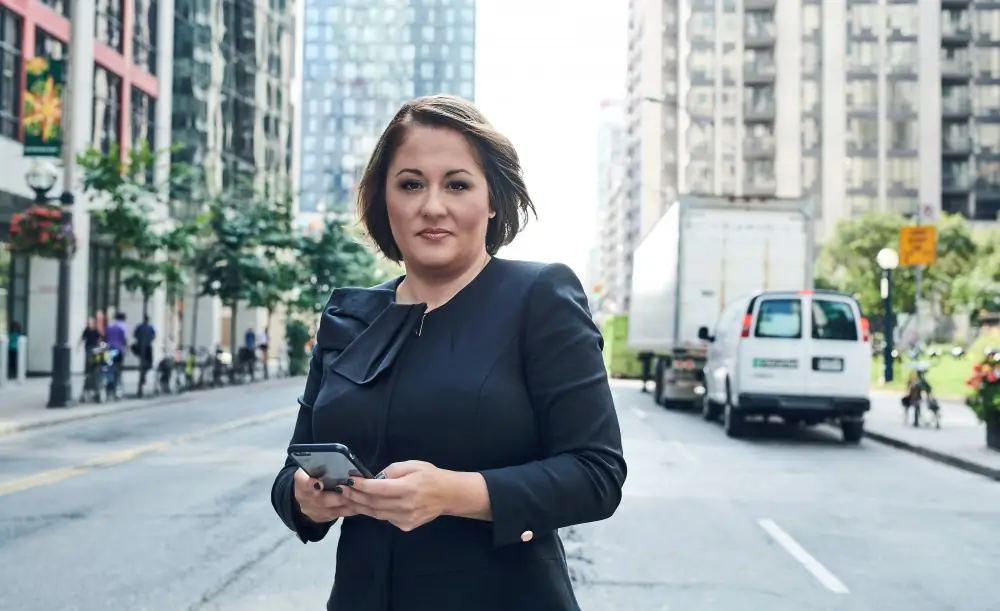
Rosemary Barton on becoming a journalist
Jennifer Stewart: What ultimately drew you to this line of work? Do you think the path you took to get here gives you some unique perspectives in your role today?
Rosemary Barton: I am not one of those people who longed to be a journalist and watched broadcast news. That wasn’t what propelled me into the profession. I sort of stumbled into it. When I was in Winnipeg, where I’m from, I became an intern at RDI, the French language network, where I worked as a researcher and I wrote teleprompter – which is an excellent reminder to people that you can go from teleprompter to other places. And then I realized that I was interested in it and that it gave you a little bit of a hand in everything.
If you were a curious person, you got to talk to different people. So I did my Masters in Journalism here in Ottawa at Carleton. And then, from there, I moved to Quebec City, which was just luck; I had two very small job offers when I left: Moncton or Quebec City. And I chose Quebec City because I knew one person there and quickly became a researcher, a general reporter, and then I ended up working at the National Assembly in Quebec City. And that’s where not only did I learn a lot about journalism and myself, but I also learned a lot about politics. And that’s what got me where I am. It was an excellent training ground. And I started to love politics because I also didn’t love politics; I wasn’t one of those people, either. It hasn’t been a lifelong dream to be part of the political conversation. But here I am now.
Catherine Clark: At age 12, you made a commitment to learning French and speaking French. Why is that important?
Rosemary Barton: Well, first of all, because it was easier to get a job because fewer people were willing to do it, to be honest. I credit my decision at 12 to go into late immersion because my parents don’t speak French. I credit that with a lot of doors opening and choices that I made that led me to where I am. And that was the first big professional one, for sure. You had to be fully bilingual; you had to be in a scrum or a press conference, able to understand everything being said because there was no immediate translation or anything was happening the way there is in Ottawa. And then you had to be bold enough to demand that your questions get answered in English, which in Quebec City will happen, but it’s certainly not the priority for elected officials there. I understand many issues around French speakers in this country because I lived the opposite.
Rosemary Barton about challenges and rewards of social media
Jennifer Stewart: It’s almost an expectation now that, as a reporter, you’re on Twitter and engaging with others. How has this kind of expectation impacted your role as a journalist?
Rosemary Barton: I was an early adopter of Twitter. I remember being on the 2011 campaign using Twitter. I didn’t have any followers, and it wasn’t a vital part of the political conversation yet. And I enjoyed it. But I was also not as well known. I was not as public at that time. My relationship with social media – Twitter, mainly – has evolved. I certainly would never leave Twitter, and I would never leave the social media space.
I do think it’s important to hear from people, whether it be quote-unquote, regular Canadians, academics, or politicians; it gives you access to all those different voices. I also think it’s perfect for your personal brand to try and share the parts of you that you’re willing to share. Instagram has become the place where I post pictures of my shoes and my puppy, instead of real, hot political stuff. But Twitter I have pulled back a little bit from; I will tweet things as they happen, news. I’ll retweet things.
But I have been in situations where I have tweeted something dumb, like everybody – not biased, stupid. Or I’ve snapped back at someone, which doesn’t serve me particularly well, or I have been trolled and abused by people. And that is unpleasant. I’m much tougher than I was before, and it’s much easier to manage. I also have a lot of filters on my account that the CBC has put in place for me because it is, particularly during election campaigns, quite out of hand. That part of the space could be more enjoyable.
And I’m sure you guys have talked to lots of women about that on the podcast, and it is a necessary and unfortunate part of that world. But if you better understand how you’re using it and set some parameters for yourself, it is still useful. That is an honest truth. And the minute I find it no longer useful, I won’t do it. It’s certainly not required. No boss says you have to tweet, That is not how it works here. People make different decisions about whether they want to be on it or not. But I still feel like there are benefits to it, so I still use it.
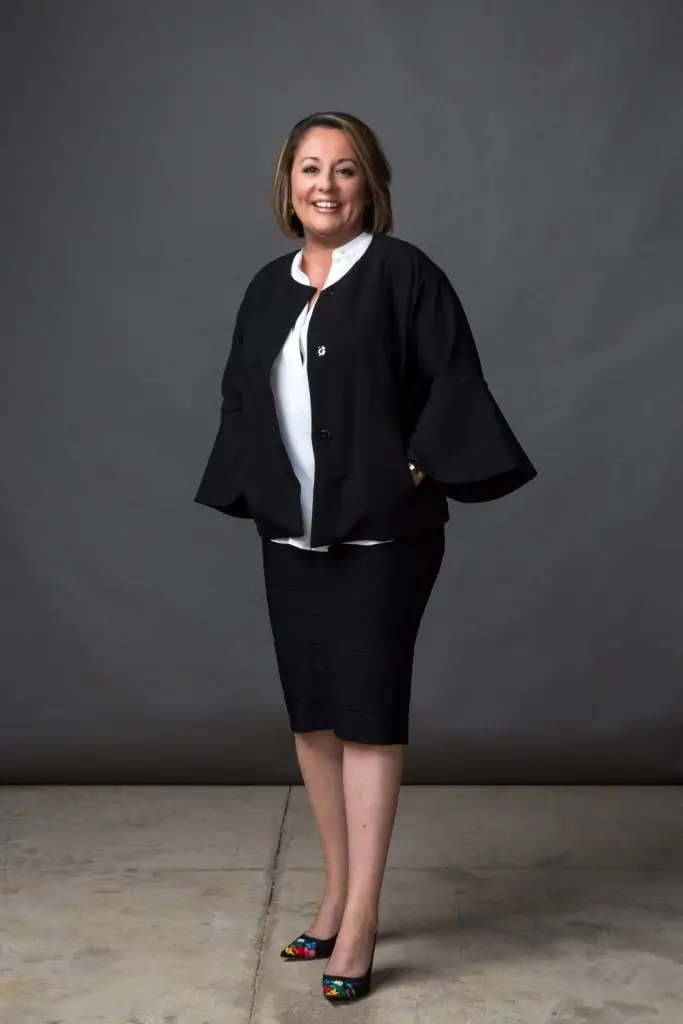
Catherine Clark: You were talking about having to be bold. Some men are bold, and no one assaults them the way you are attacked on social media. Is it because you’re a woman?
Rosemary Barton: Yeah, I think so. I don’t think that’s a surprise to anybody. Yeah, I am polarizing. And the nature of what I cover is polarizing. People feel strongly about their political positions, public policy issues, and the CBC. So yes, I don’t think Peter Mansbridge got as much hate as I did.
Now, I’m also a white woman; I’m sure I don’t get as much hate as some of my colleagues who are women of colour. But yeah, it is related to being a woman. Not all the hate mail is from men, though. There’s plenty from women, too. A lot of it is gendered certainly, and a lot of it is about how you look, which is unique to being a woman.
Now, I’m also a white woman; I’m sure I don’t get as much hate as some of my colleagues who are women of colour.
Rosemary Barton
Jennifer Stewart: Do you ever feel like you need to keep speaking up and being bold and being courageous to keep pushing back against those who come forward with that abuse towards you?
Rosemary Barton: That’s not what motivates me. This is who I am. I sometimes find myself conversing with bosses or important people, and they might not always like the tone, and I have said to them, “This is actually who I am. It’s the same person on TV as I am in my personal life.” So no, I don’t need people’s comments, positive or negative, to keep me focused on how I do my job and who I am. I know who I am. And I don’t need their feedback one way or the other to keep that momentum going. I do try not to get caught up in positive comments either, to be frank. It’s one thing for my boss or someone I respect or admire to say something, which is appreciated. But to have it be from just a random Canadian, I think you can’t give too much power to either of those.
I don’t need people’s comments, positive or negative, to keep me focused on how I do my job and who I am. I know who I am.
Rosemary Barton
Rosemary Barton about being a role model
Catherine Clark: Have you always known who you are?
Rosemary Barton: No. Oh, God, no. I’ve always been pretty brave and bossy, and all those things. I’m sure my mom would agree. So those characteristics have been there for a long time. And I’ve always been very driven. My mom tells a story about how I went to kindergarten on the first day. She picked me up and said, how was it?” I burst into tears. She said, “What happened?” And I said, “Well, they didn’t teach me to read.” So, that’s sort of who I am. That sums up who I am: impatient, easily frustrated, and driven.
Jennifer Stewart: Tell me more about your awareness that you are a role model.
Rosemary Barton: I mean, awareness – yes and no. I will get emails from young women asking me questions about how to get into this, so I’m aware of that. I’m aware that when I started in Quebec City, there were three women, and we were all about the same age, in our 20s. And there were a lot of men and older men, and sometimes it was a real boys’ club. I’m aware even when I started here almost 20 years ago, it was different. It has changed a lot, this town, from both the presence of women to more people of different backgrounds here.
So, I understand that being a public person in a big job with access to a lot of important people and being at important moments in our history is something that a lot of people would look to, be envious of, and want themselves. So, I just try to remember that my job is helping Canadians figure things out, or understand things, or get answers for them. So that drives me, as well as the realization that, just like any woman, you have to be conscious of the fact that you are a role model. I’m a feminist, but I don’t get hung up on being a woman and that empowers me to do things. It’s just who I am. And so I just try to own that and represent this place, and what I do, to the best I can.
Catherine Clark: One of the things that has always interested me is what your relationships are like with the people that you’re interviewing. How does that relationship work once the camera turns off? Are you friendly? Are you just polite? Does it depend on the person?
Rosemary Barton: Yeah, it does depend on the person; it depends on the situation. In the majority of situations it is polite and friendly. The vast majority, but not all, politicians understand what the dynamic is, particularly leaders and prime ministers. They know what my job is and what their job is. But I’m aware that I’m doing my job, and they can do their job, being evasive or not. Doing a challenging interview is my job, but it is also their job. And if you are good at your job, from a political perspective, and you know what you’re talking about, you will not come out of that interview damaged. You will come out looking like you know what you’re talking about.
I did all those face-to-faces during the last election campaign. I wouldn’t say Justin Trudeau or Aaron O’Toole came away looking bad. They both knew what they were talking about, defended their positions and walked away. I would not say the same thing about Mr. Singh, to be honest. It was harder for him. He had a harder time answering the questions. And that’s part of the job. I’ve never had a fight with someone after an interview like that. I mean, I’ve heard from their people. Their staff sometimes yell at me, but I’ve never had anyone walk away openly angry with me.
Catherine Clark: You also have a personal life and other commitments, and you face the same challenges that other professional working moms and women face. How do you manage to keep it all together?
Rosemary Barton: Like everybody, you just do your best and some things fall apart, and some things you outsource. I do tell people when they get into this – and this is sort of the one thing I wish I had known – this is not a job. It’s not even a career; it’s really a way of life. And you can choose to do it differently.
There are some parts of journalism where you could choose to work nine to five. But I wouldn’t say that anybody in the Parliamentary bureau can choose to do that. You’re on from the minute you wake up, reading, to the minute you go to bed, responding to things. I was at a medical appointment yesterday, texting the prime minister’s office about something and trying to confirm some news. So, there are different ways to approach journalism. But when you are in a bureau like this, you’re breathing it, if you want to be good at your job, and you’re on all the time, and you are reading a lot.
I think that’s one of the most important parts of being a journalist, not just listening to people but trying to understand issues from different perspectives. And you can see when someone has ‘read in,’ as we say, or they haven’t. So yeah, it’s a lifestyle, and some things suffer. It’s not unlike politics; they have far more demanding jobs than I do and do much more personal sacrifice, with travel and whatnot.
But it is a job where you have to be sort of present all the time. When you get two weeks off, or three weeks off, maybe, then you can maybe not read National Newswatch one day or not go on Twitter one day, and still be alive, but generally you’re present all the time.
Jennifer Stewart: You have achieved so much success in your career, and so many women and men look up to you. What’s ahead for you?
Rosemary Barton: I’m in a good place right now. after a fair amount of change over the past few years. I like having a Sunday show; I have an excellent, incredible team of people I’ve worked with for a long time, and we’ve all ended up together, which makes me really happy. And those same people do a lot of the television specials as well. So I feel good about where I am now, and it’s busy, but it’s not Power and Politics busy, because I’m not doing a two or three-hour show every day. But I don’t know.
I’m not sure if I will do this until I’m 60. I don’t know that anyone needs to see my face on TV at that point. But I don’t know; I’m open to different things. I’m certainly not getting into politics or anything. That would not be interesting to me at all, but anything where I could be contributing to the public conversation or helping people understand an issue. But right now, I’m pretty good.

